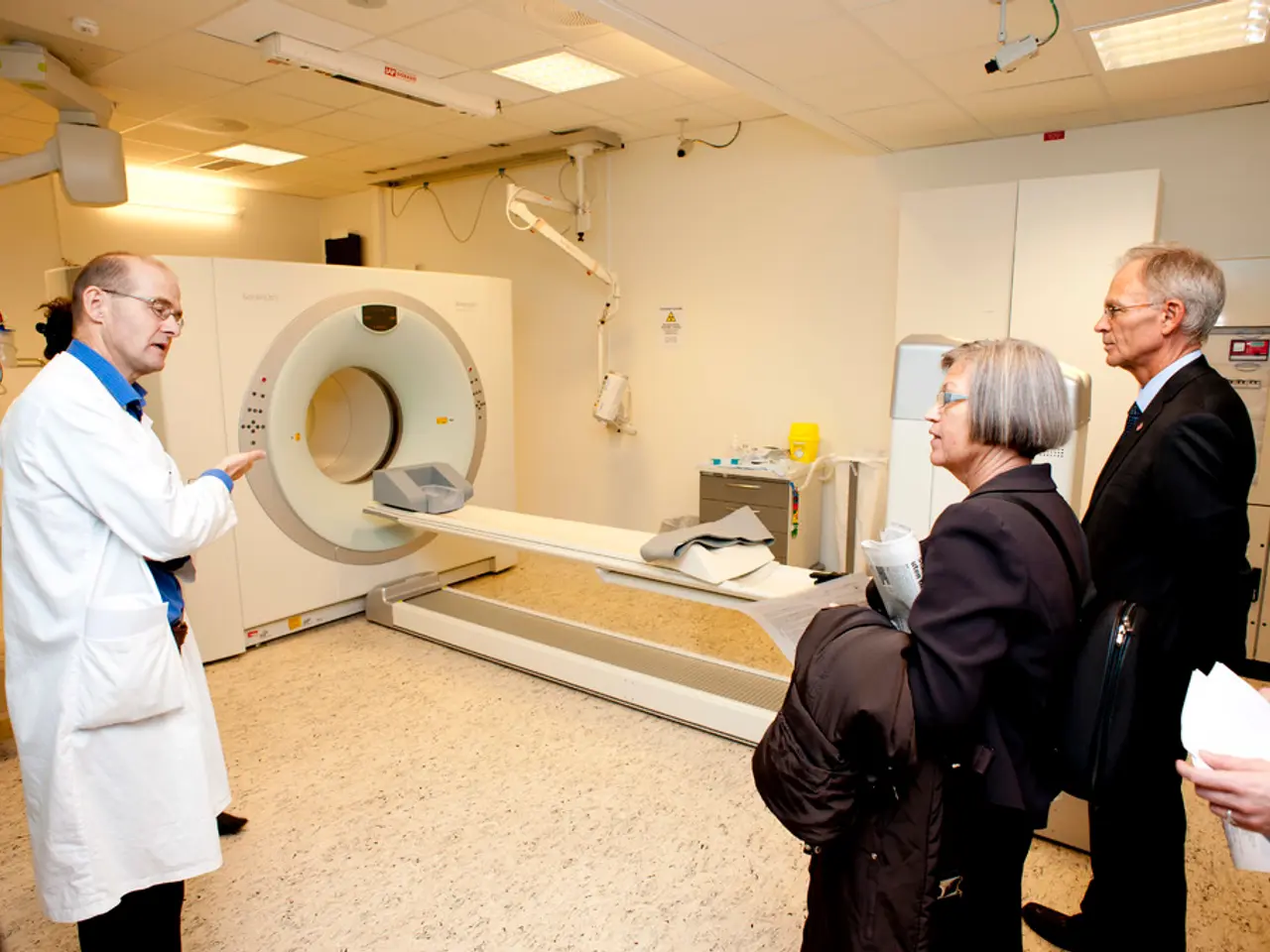Outside Consultations by Senior Doctors in Private Hospitals for Patient Treatment
In the world of private healthcare, the presence of senior doctors plays a pivotal role in instilling confidence among patients. This is due to their vast experience and expertise, which are invaluable assets in complex medical cases.
Private hospitals often outsource specialized treatments to senior doctors, primarily to access highly experienced professionals flexibly, reduce costs, and improve patient care efficiency. This approach allows hospitals to scale specialized services without maintaining a full-time in-house team, thereby minimizing administrative burdens like recruitment, licensing, and staffing complexities. It ensures the availability of top expertise for demanding and advanced medical departments, avoiding bottlenecks that can delay care.
One of the key benefits of outsourcing is the access to expertise. Private hospitals can tap into a pool of senior doctors with specialized skills and extensive experience that may be scarce locally, without the commitment and cost of full-time employment. This flexibility allows hospitals to adjust staffing levels based on patient demand or seasonal fluctuations, ensuring continuous service without overstaffing.
Outsourcing also leads to significant cost savings. By delegating specialized treatment provision to external senior specialists, hospitals can reduce fixed costs such as salaries, benefits, and administrative overhead related to hiring permanent specialists.
Moreover, outsourcing partners often handle complex compliance issues, including licensing, credentialing, and visa processes for foreign specialists, streamlining workforce management. This allows hospitals to focus on their core services, such as broader patient care operations and organizational priorities.
The involvement of senior doctors in treatment decisions can help prevent untoward incidents in complex cases. They provide guidance to junior doctors, enhancing the learning environment in private hospitals. Their mentoring role can contribute to the development of new doctors and the improvement of the overall quality of care.
In the case of short anesthesia treatments for old or weak patients, the option to call a senior doctor is a mechanism of safety. Some insurance companies or hospital contract rules may require senior doctor approval for a specific treatment.
The private hospital's practices link treatment to rules, suggesting transparency. Patients develop confidence in a hospital when it is stated that specialists are called to the hospital. The private hospital's focus on senior doctors is a means of demonstrating care and trustworthiness to patients.
In cases where junior doctors are unable to treat or advise patients, they seek advice from senior doctors. Junior doctors in private hospitals may lack the knowledge and experience to treat or advise patients for specific diseases. Senior doctors can make skillful decisions in complex cases, such as those involving simultaneous heart and kidney problems.
In conclusion, outsourcing specialized treatments to senior doctors helps private hospitals enhance the quality of care while managing costs and operational complexities in delivering advanced medical services. It provides a flexible, efficient staffing strategy aligned with healthcare industry trends toward adaptability and value-based care.
- By partnering with senior doctors who specialize in diverse medical fields, private hospitals foster a health-and-wellness ecosystem that addresses a broad range of medical-conditions, not limited by geographical boundaries.
- With a focus on fitness-and-exercise as a holistic approach to wellness, senior doctors play an integral role in facilitating personalized care plans for patients seeking to improve their health and manage any existing medical-conditions effectively.




